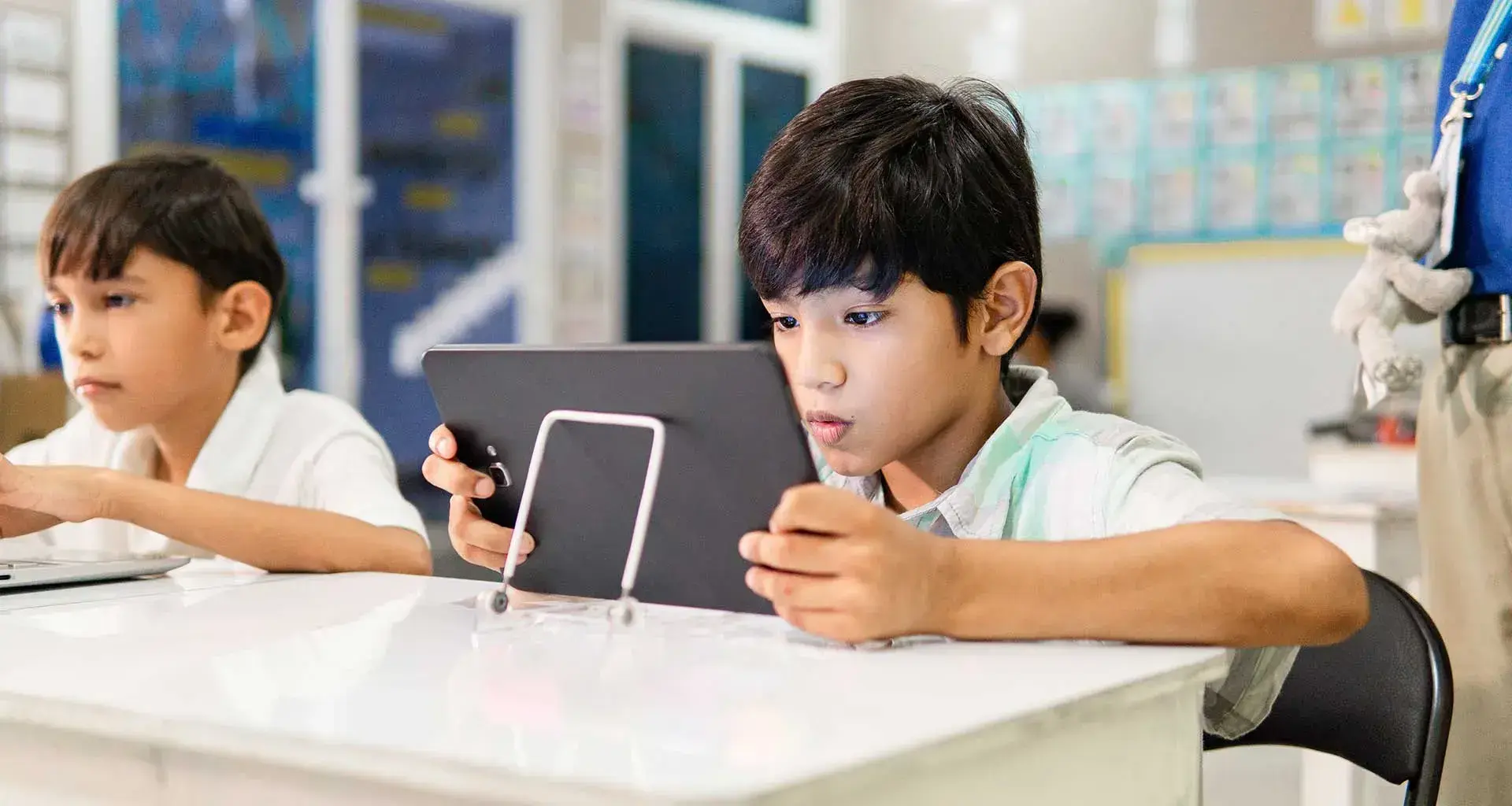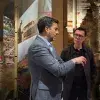EduMind, a project from five Tec Guadalajara students, has won DigiEduHack (Digital Education Hackathon) 2025, a competition that seeks innovative solutions to improve education through technology.
Their idea: a platform powered by artificial intelligence (AI) that personalizes learning for children by tailoring content according to their learning styles and personal preferences.
The competition is organized by the European Commission, the executive body of the European Union. Their proposal won in the Beginners category. Under the guidance of Professor Cynthia Franco, the creators of this initiative are:
- Rodrigo González, Bachelor of Entrepreneurship, 6th semester
- Elisa Licón, Bachelor of Entrepreneurship, 6th Semester
- Andrea Huesca, Bachelor of Entrepreneurship, 6th Semester
- Eduardo Medina, Bachelor of Mathematics and Data Science Engineering, 2nd semester, and
- Sofía Montero, Bachelor of Communication, 6th semester
“It brings me a lot of peace of mind and happiness to know that a project none of us thought we’d participate in has led us through this journey and ultimately to winning the global competition,” said Rodrigo González.
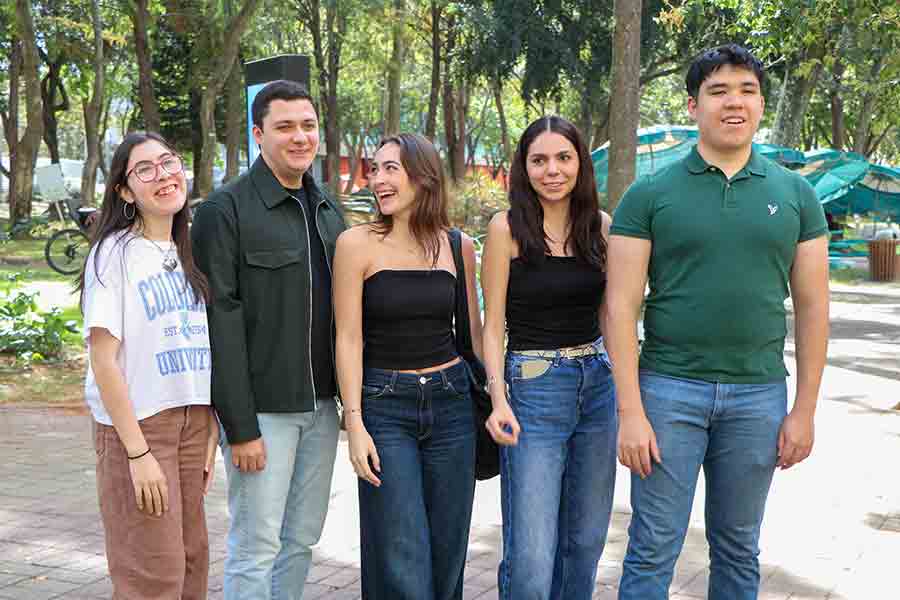
How does it work?
The winners, the competition’s website stated, “have showcased disruptive innovations in the field of digital education.” DigiEduHack is an intensive competition focused on education in which participants develop prototypes of technological solutions in just a few days.
EduMind operates as Software as a Service (SaaS), enabling teachers to upload educational materials while the AI-powered system customizes teaching methods according to each student’s learning style.
Using a virtual assistant, students can interact with the content in a personalized way, making education more attractive and effective.
Its technology is based on a virtual assistant that interacts with users to adapt study materials to their preferences. The system utilizes natural language processing and data analysis to identify each student’s strengths and areas for improvement, generating personalized learning strategies.
This way, students can opt to learn using interactive games, simulations, flashcards, or even audio-visual narrations according to their interests.
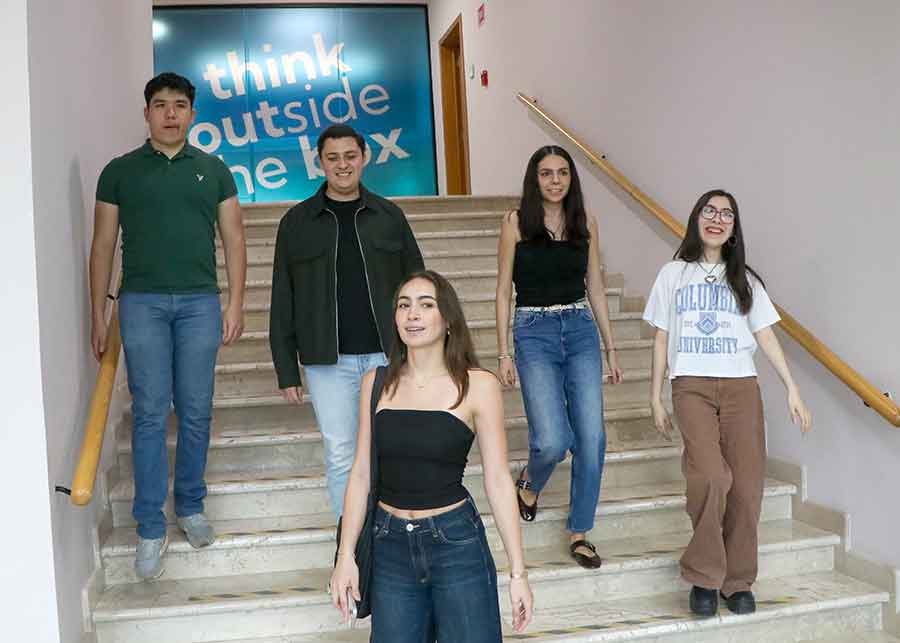
First level consulting and incubation Nine teams advanced to the final stage. The three winners are: the team from Tec Guadalajara and two others from Italy and Peru. In addition to attending the awards ceremony in Brussels, Belgium, in April 2025, the itinerary will include networking activities with consultants and investors.
In particular, they will have a consulting session with innovation consulting firm Carza. “The solution is well described and based on available information and has been effectively developed, including the prototype,” said Steering Group, one of the organizations that served as judges.
UltraHack, another organization that assessed the proposals, stated that EduMind “stands out for its ability to create personalized AI-powered pathways, enhancing each student’s understanding and engagement.”
Thanks to this achievement, the Tec’s Eugenio Garza Lagüera Institute of Entrepreneurship (IEEGL) awarded them a 100% grant for the institute’s incubation process to finalize their proposal during the second half of 2025.
“This motivates us to continue working on the development. We want to demonstrate that education can be innovative and accessible to all,” said Elisa Licón.
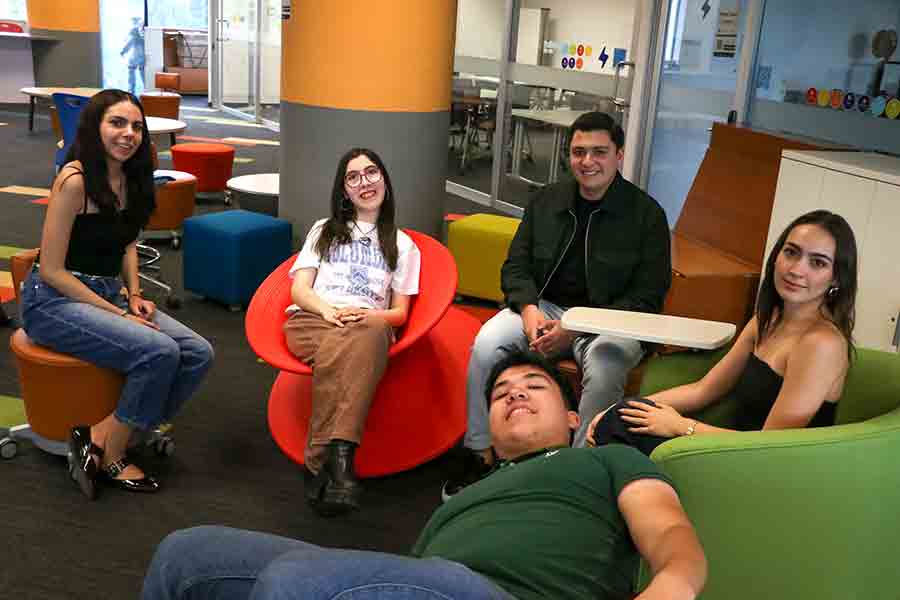
Developing functional prototypes
“It’s time to start reevaluating the business model because it underwent some significant changes; begin developing functional prototypes; and create a gap in the market to test it, not only with children but also with institutions and parents,” said Rodrigo.
“After this win, my expectations are indeed high. I would like the project to be as far along in its development as possible so that it can go to market, but also so that it can be executed, be viable, and have a positive impact,” Andrea said.
She pointed out that they now have more tools and expressed high hope for the guidance they will receive from Carza. “The stakes are higher now, but I’m confident we’ll do our best,” she stated.
“The stakes are higher now, but I’m confident we’ll do our best.” – Andrea Huesca
A cost-effective project
“We’re reaching a point where we know that it’s achievable, thanks to the trust people placed in us to bring it to life. This reflects not only on the project but also on us as a team. It felt great and satisfying to see that we achieved something we wanted to achieve from the start,” she added.
Eduardo Medina said that he is excited that despite being “at such an early stage in my career, being involved in the process of bringing this type of project to life is exciting. The experience of being at a global winning stage makes me very happy, very pleased that the project has reached this level.”
He shared his hope that this venture “will be a guide that truly teaches and intuitively assists children, particularly those with limited knowledge of technology.”
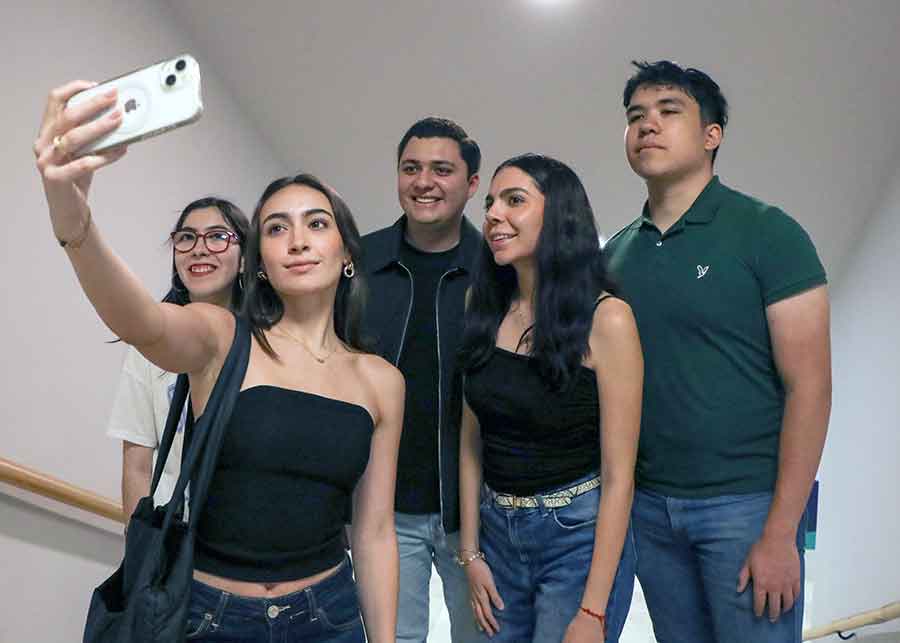
Beyond the initial phase
“I’m very excited about what’s next. This is opening a lot of doors for us, from the contacts we’ve made to the chance to secure funding for moving the project forward to get beyond this early stage,” said Sofia Montero.
Their path to winning the global final was not an easy one. The global competition involved several stages: 51 hackathons, 1,220 participants, and 315 solutions from around the world.
EduMind first competed at the local level, where they were selected from among nine teams. They then progressed to the national stage, competing against over 50 teams from all over Mexico.
READ ALSO:

